No Ninjas, Just Innovation: Ninja Van PH fortifies B2B automation capabilities with Scan-to-Print technology
The way goods move from factories to shelves has shifted due to the continued rise of supermarkets, specialty stores, and other modern-trade formats. Instead of large, infrequent shipments, manufacturers and distributors are now making smaller, more frequent orders to prevent costly overstocking at retail outlets. Traditional full truckload deliveries are now seen as highly inefficient, as businesses are forced to pay full price for a truck that’s only partially filled.
This creates a critical logistical challenge for businesses: how do you accurately manage a multitude of boxes alongside various other deliveries, while minimizing human error? Traditional systems simply cannot sustain this complexity, especially as the B2B logistics market in the Philippines is projected to grow at a Compound Annual Growth Rate of 7.08% from 2025 to 2030.
For Ninja Van Philippines, the answer isn’t a secret ancient art or ninjas working overtime, but investing in cutting-edge technology to help businesses of all sizes fulfill their logistical needs.
“In today’s dynamic market, smart technology is the backbone of logistics. As a technology-enabled logistics company, we see innovation not just as a tool, but as a primary problem-solver,” said Jose Alvin Perez, country head of Ninja Van Philippines.
As distribution becomes more complex and customer expectations for turnaround time shorten, costly mistakes brought about by human error easily compound. A research by the IHL Group estimates that worldwide costs related to distribution distortion already amount to the tune of $1.1 trillion – correcting errors on inaccurate orders, shrinkage, or inventory quickly adds up to additional shipping costs, handling returns, and restock.
To address these challenges, Ninja Van Philippines recently introduced its Scan-to-Print virtual fulfillment technology designed to harness the power of automation. This system was primarily designed to drastically improve processing times by digitizing orders beforehand. By allowing the automated belt system to significantly speed up sorting for principals, Ninja Van was able to do a restock delivery within 1-3 days in Luzon.
From Digital Input to Smart Labels
The Scan-to-Print process begins even before parcels arrive at the warehouse. Partner businesses arrange the delivery with the Ninja Van team through a dashboard, serving as a virtual warehouse, where digital records are created ahead.
Upon arrival at any of Ninja Van’s warehouses, parcels and boxes are placed onto pallets where personnel scan an existing case barcode on each box. This scan instantly fetches the pre-inputted data from the client, immediately validating and gathering parcel information for sorting and delivery.
Once data is fetched, the Scan-to-Print technology automatically generates and prints a standardized sticker swiftly affixed to the boxes. This contains a QR code embedded with key information such as:
- Ninja Van-standardized store name for correct routing;
- unique tracking ID for precise product matching;
- standardized store code across principals for efficient routing and hub identification;
- Requested Arrival Date (RAD) for timeline adherence.
“Less manual handling means fewer errors, which is why creating a single physical touchpoint for labeling is a game-changer,” noted Perez. “On top of helping us achieve speedy distribution, it also fundamentally enhances accuracy at the start of every parcel’s journey.”
Automated Distribution
Once labeled, boxes are moved to the main sort belt. This is where SIMBA, Ninja Van’s advanced automatic sorting system, takes over. Operating at a 2.2m/s conveyor speed, SIMBA rapidly scans the QR code and moves the packages to separate belts that lead to their specific location hubs or designated delivery areas.
“Each product case or box is automatically directed to its designated location, reducing the tedious and often erroneous process of manually consolidating various SKUs into a single box or case for a specific store,” explained Perez.
SIMBA then precisely measures each parcel’s dimensions and weight to assign the most appropriate fleet for delivery. By optimizing space and fuel, and ensuring efficient route planning, SIMBA enables up to 90% space utilization in delivery vehicles for all items, including bulky ones.
“Efficient logistics is more than just delivery speed,” added Perez. “SIMBA’s ability to measure each parcel enables us to automatically determine its ideal route and vehicle, optimizing space, fuel and critical delivery timelines.”
Throughout the process, the virtual fulfillment capability also gives partner businesses the capability to monitor in real-time the status of the different product SKUs for distribution. This helps them plan for future restock runs, sales, or seasonal campaigns.
As the future of e-commerce and logistics continues to expand, the integration of innovative technologies like Scan-to-Print is no longer just an option but a necessity for operational excellence. By putting technology and innovation at the heart of its operations, Ninja Van Philippines ensures that even the smallest of parcels or even the bulkiest items reach their destination safely and on time.
Hits: 31


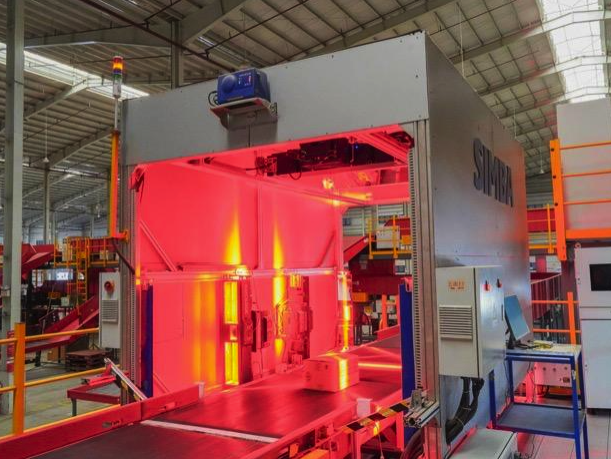



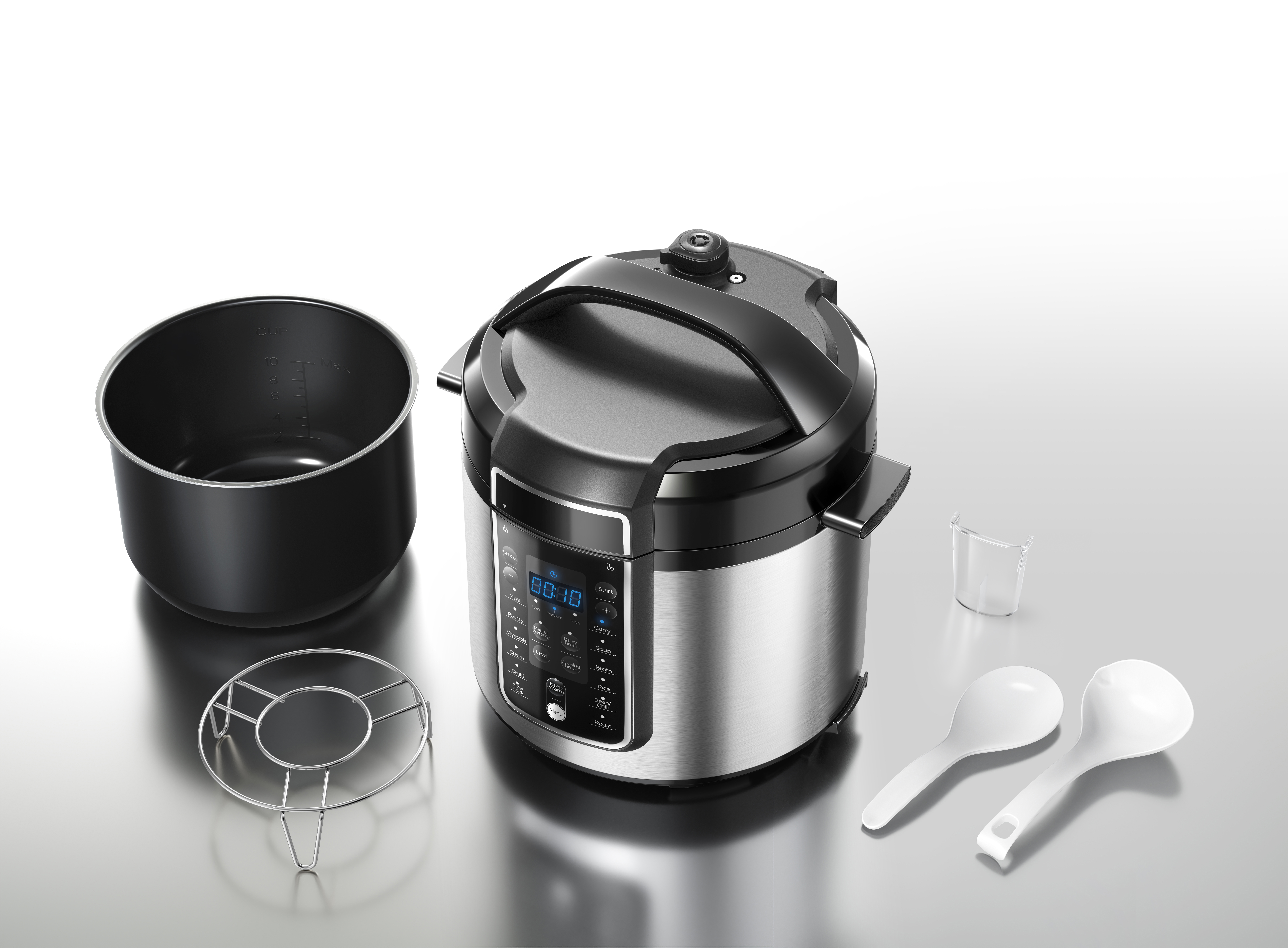




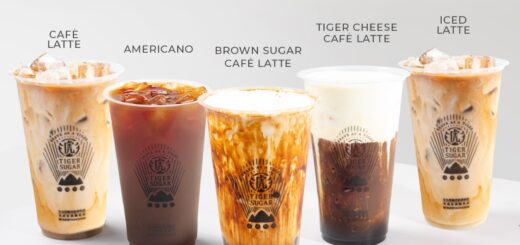


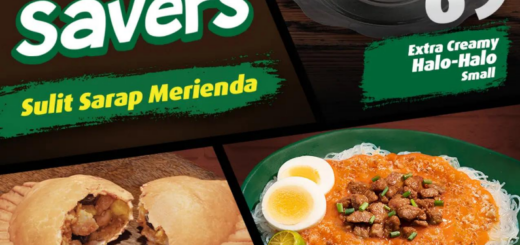















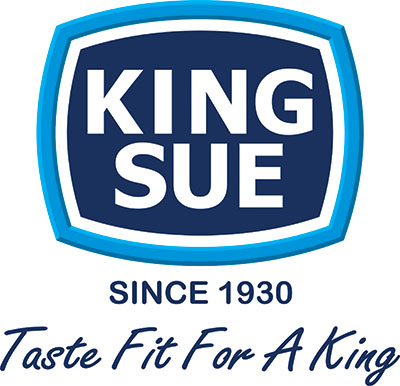

Recent Comments